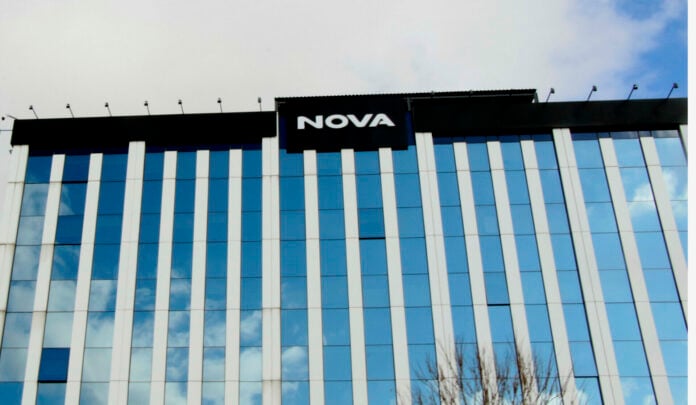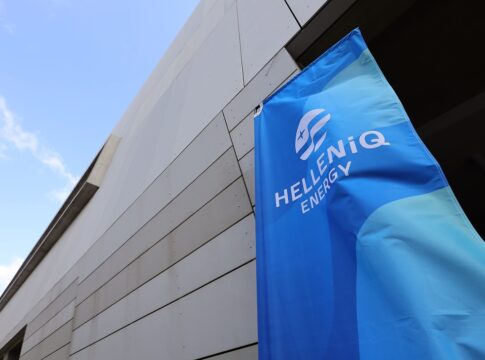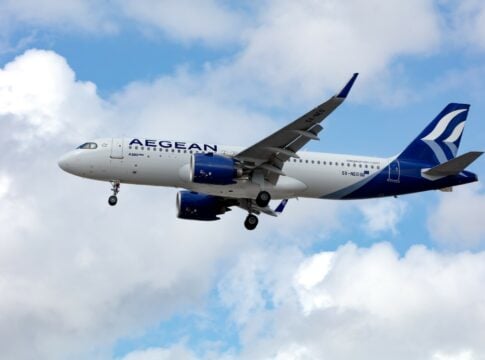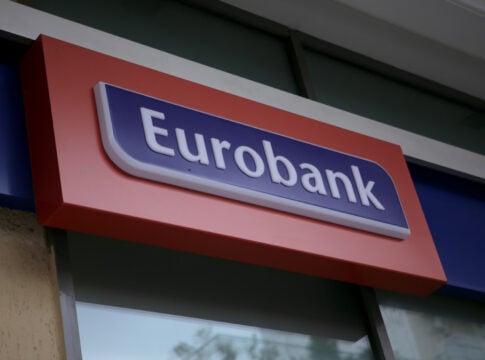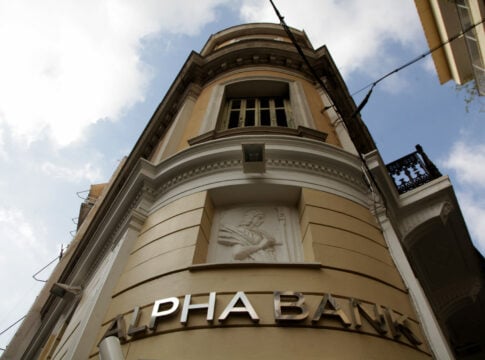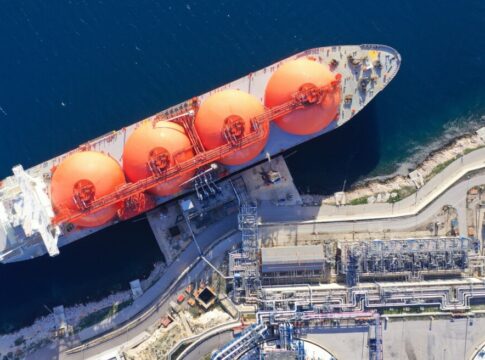High wholesale prices that also affect retail prices are the main reason for low demand for FTTH connections (optical fiber to homes and businesses) in Greece, according to Nova.
More specifically, Nova CEO Panagiotis Georgiopoulos pointed out, “based on the wholesale price observatory in 11 European countries, we have the second highest wholesale price for 1 Gbps in Europe, more expensive than Spain, Italy and the UK.”
Georgiopoulos estimated that based on the current wholesale rates at connection speeds above 100 Mbps, Greece will still operate on copper networks five years later. The country will have 80% FTTH coverage (availability) and 25% penetration (connections). In other words, the fiber will pass outside most houses and inside the houses we will still have internet via copper wires. If we want to achieve the goal according to the directive from the EU to cover 100% of the country with 1Gbps by 2030, then accelerating the penetration of FTTH technology is the only way and the obligation of all parties involved.”
Based on the data presented in the telecommunications conference, InfoCom World 2023, organized by Smartpress, the coverage of FTTH connections is at 36% compared to 57% that is the European average. However, the issue of coverage does not appear to be a concern for providers who report that they will continue their investments. They believe that Greece will reach the goal of universal coverage with FTTH networks by 2030.



